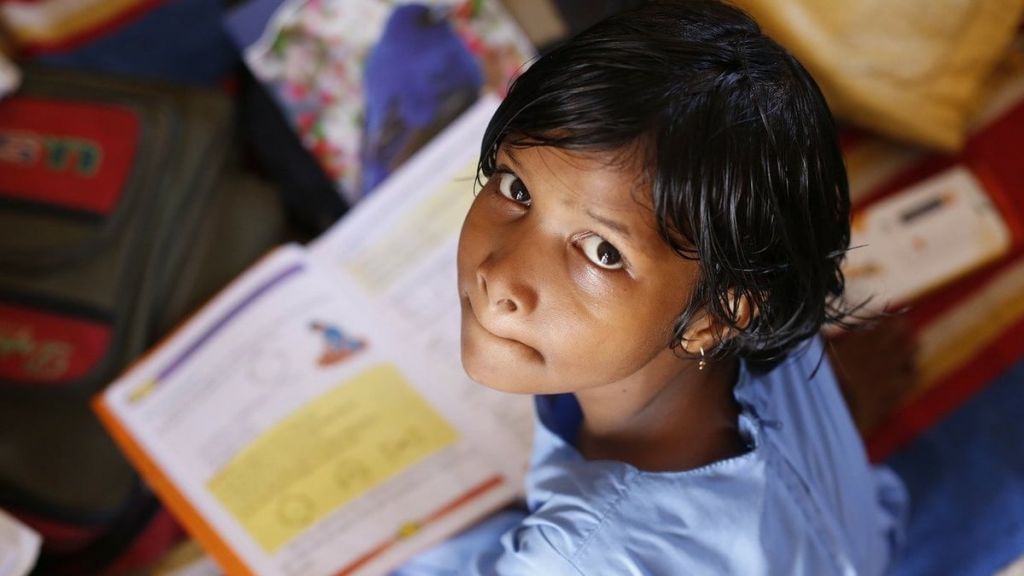
The Cabinet on Monday approved a new cultural policy that recommends making Marathi a mandated subject for at least four years in all schools across the state. The policy prompted reactions from educational institutions and parents.
Sunayana Awasthi, principal of Kanakia International School, sees the move as a positive step. “We already teach Marathi till Grade 8 as a regional language. It’s important because it’s the main mode of communication here. Even students from outside Maharashtra need to learn it to interact with society, vendors and others if they come to Maharashtra,” she said.
At Kanakia, there haven’t been drastic changes to the curriculum, but there’s definitely a focus on making sure students develop strong speaking and understanding skills in Marathi. “We emphasise speaking and learning over writing. We also use picture compositions, videos, and MCQs to make learning easier for non-native students,” Awasthi said.
Suma Das, principal of Pawar Public School, also supports the emphasis on Marathi but points out potential challenges for transfer students. “For schools where Marathi wasn’t taught previously, transfer students in higher grades may face a problem. If a child comes in the ninth standard and has not learned Marathi, it will be difficult to make them fluent,” she said.
Das highlighted the flexibility currently allowed in CBSE and ICSE schools, where non-native students might not have to take Marathi, though she acknowledged that the policy is lacking clarity on the matter. To support non-native Marathi speakers, her school implements an assisted learning programme. “We give extra help and support from the teacher’s point of view, especially in the first, second, and third grades. The learning process is slow, but with AI and video tools, it becomes easier,” Das said.
Rakesh Tiwari, whose daughter Niharika is in fourth grade at Shreeram Vidyalaya & Junior College, Airoli, is happy with the changes. “Our kids are at an age where they can absorb anything. Learning Marathi will help them in the future. If you’re living in Mumbai, it’s tough to get by without knowing the local language,” he said.
Similarly, Anand Joshi, whose daughter Anisha attends St Agnes Play School, is all for the policy. “If my child is going to grow up in Mumbai, she needs to know Marathi to talk to people in the community – whether it’s bus conductors or local shopkeepers. We teach kids international languages for when they might travel abroad, so why not teach them the language of the place they’re spending their childhood?” he asks.
Joshi also believes that learning Marathi will open up more job opportunities for his daughter in the future, especially in government roles where language can be a barrier.